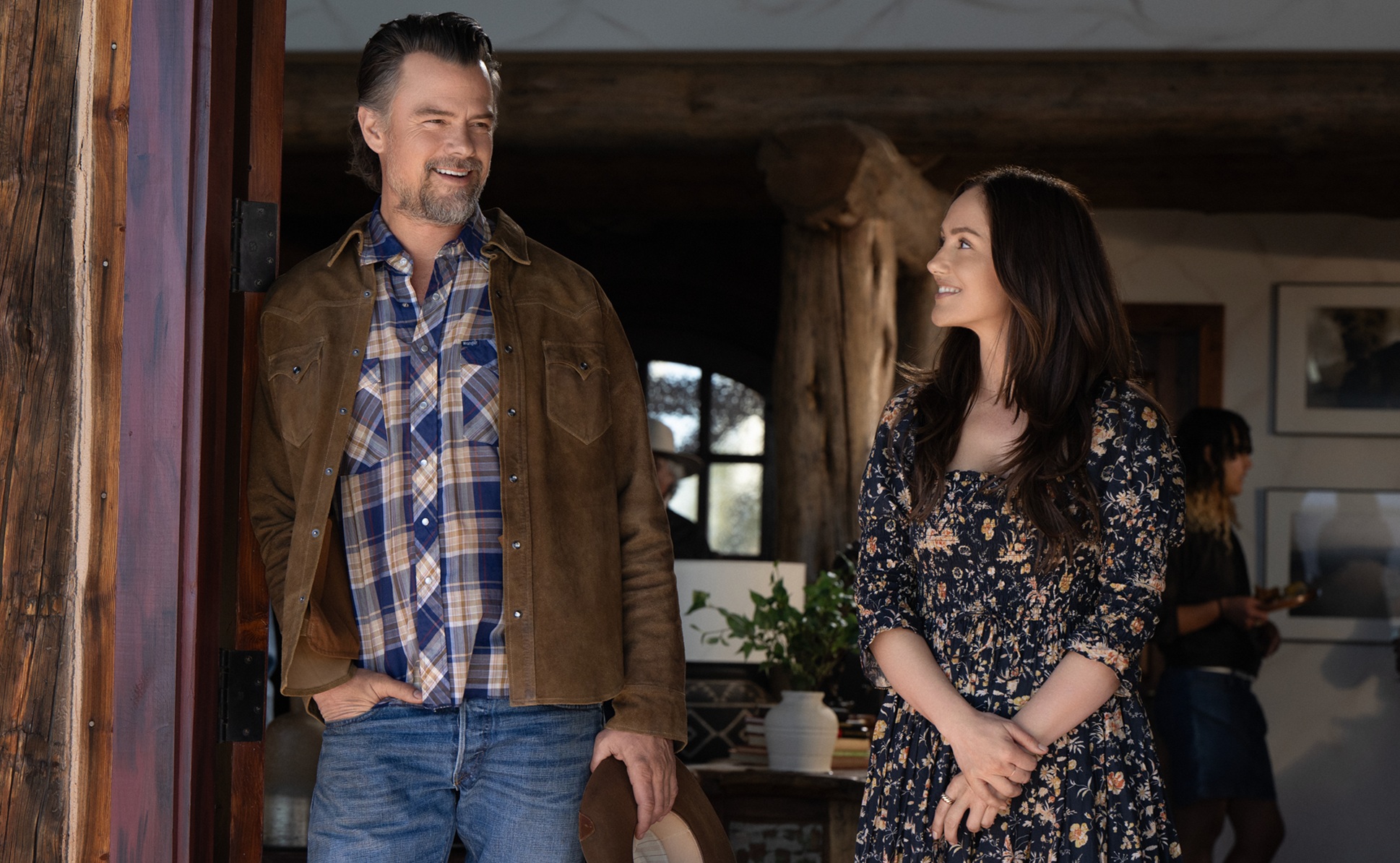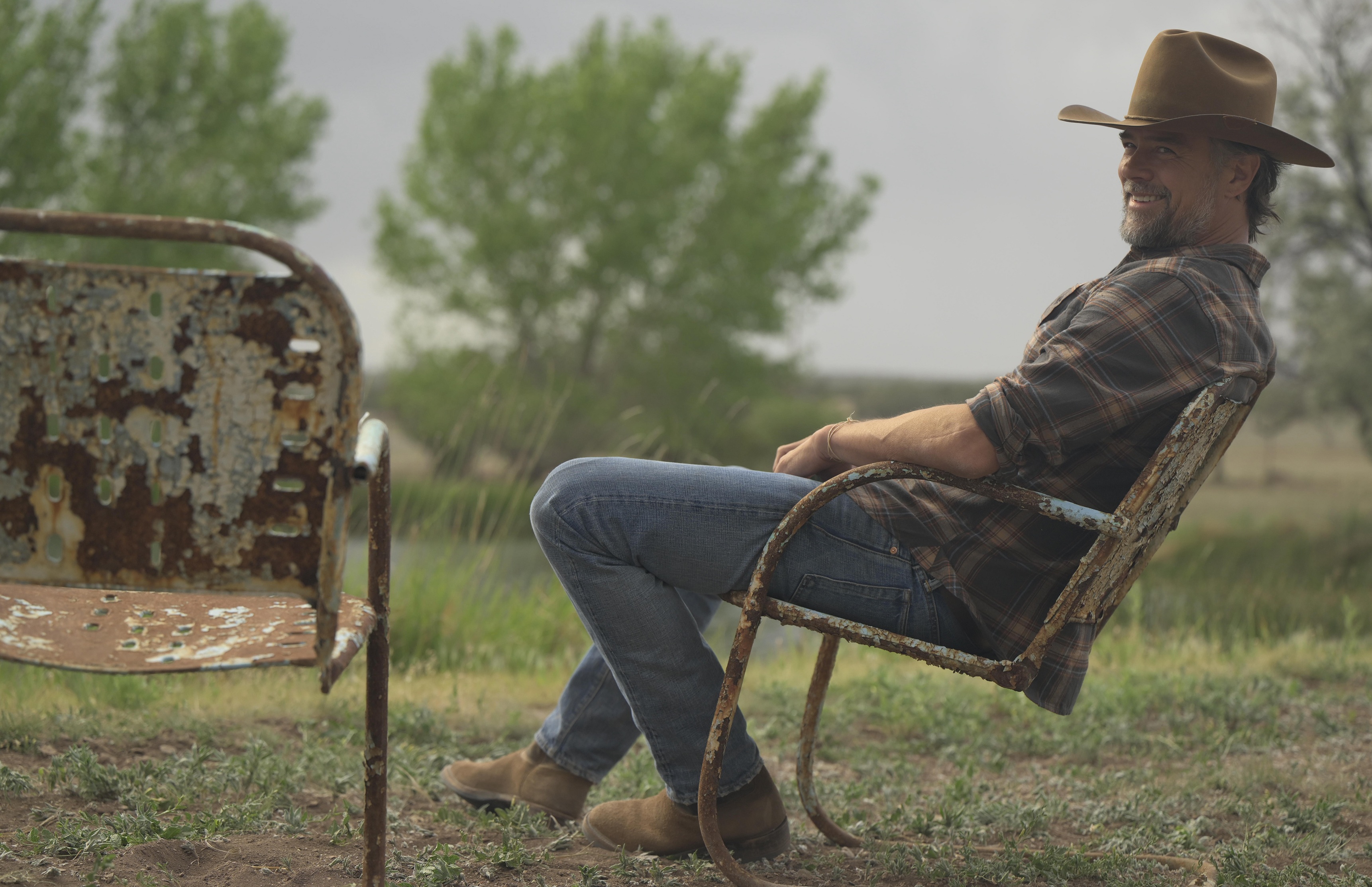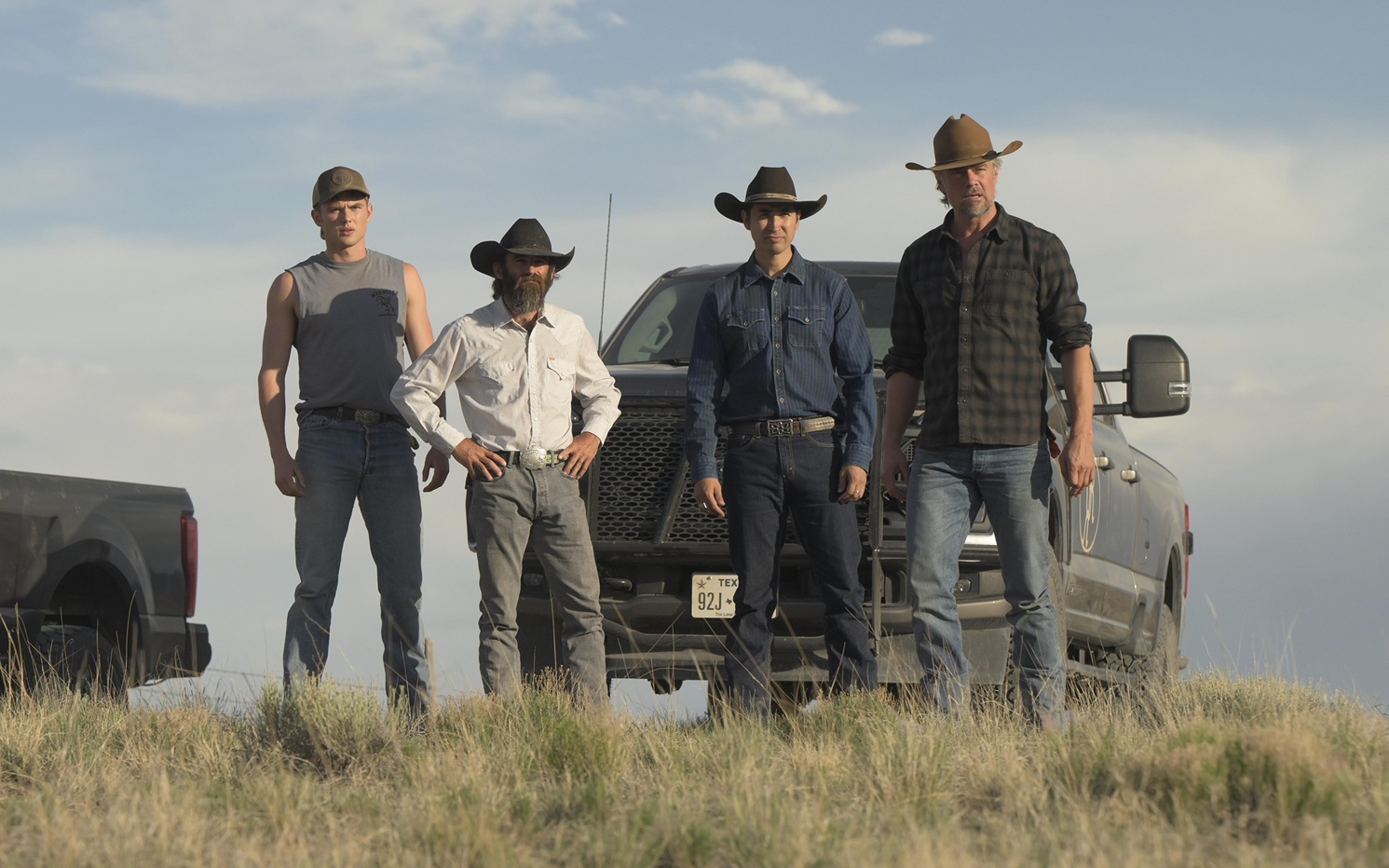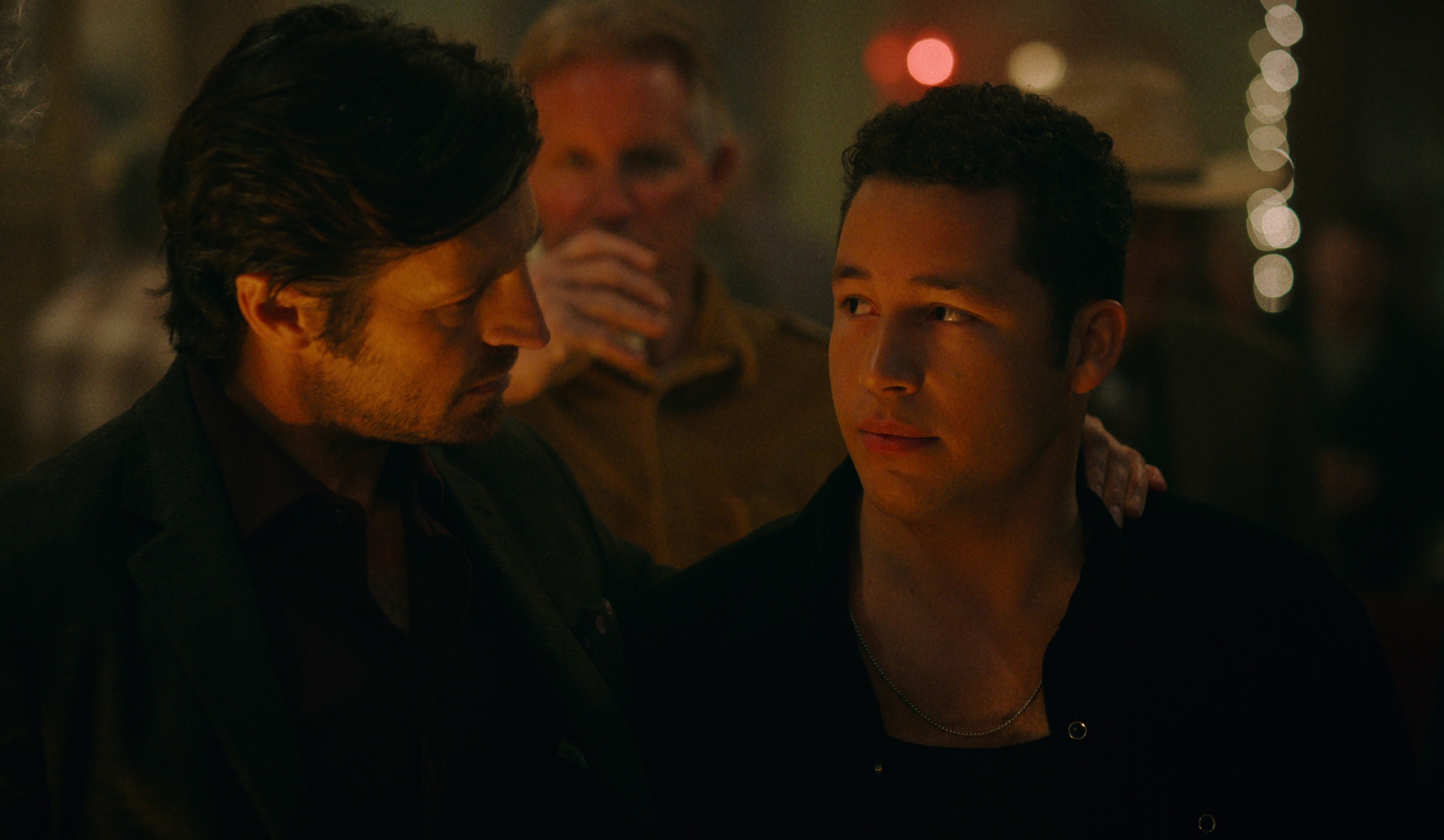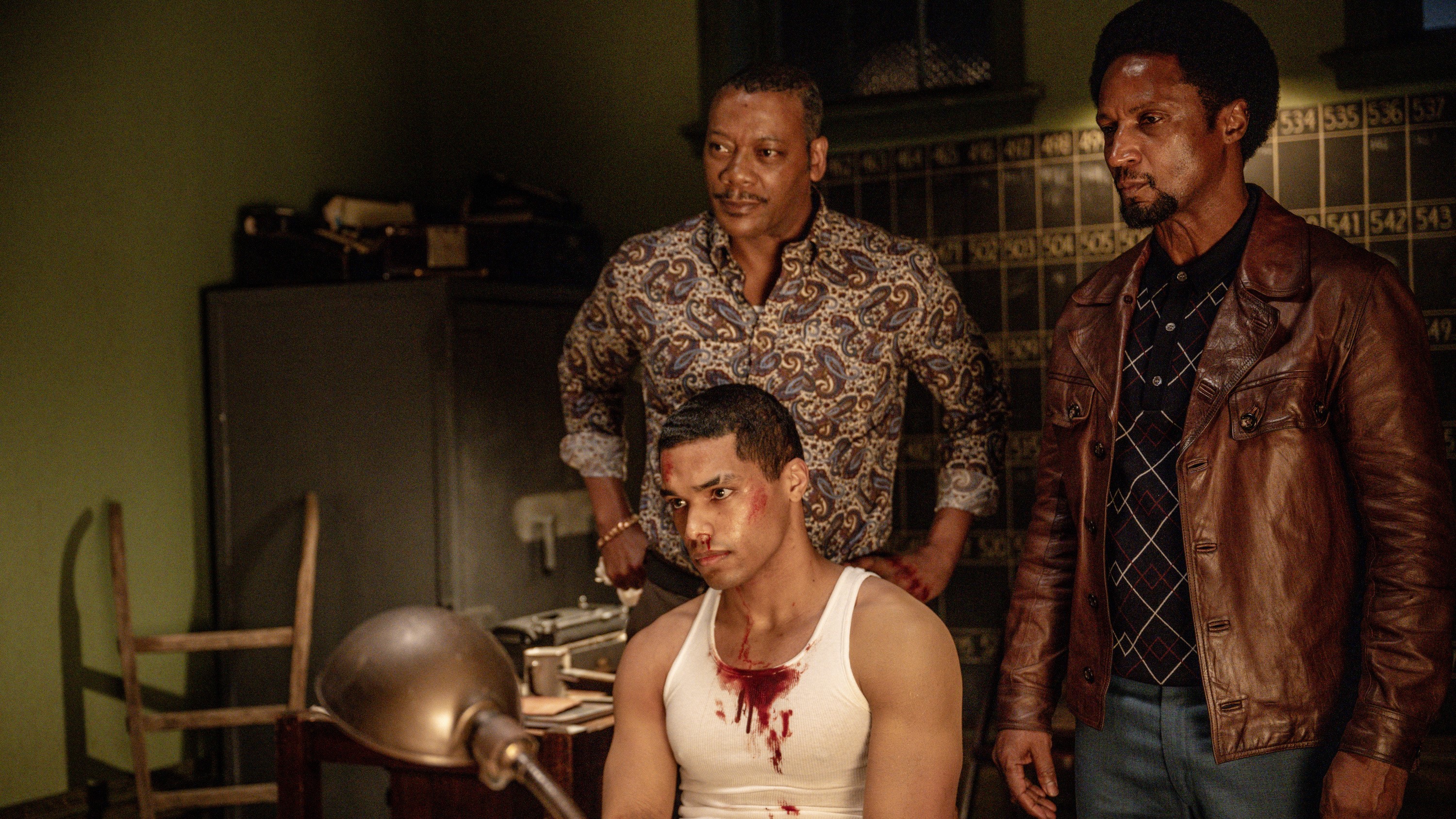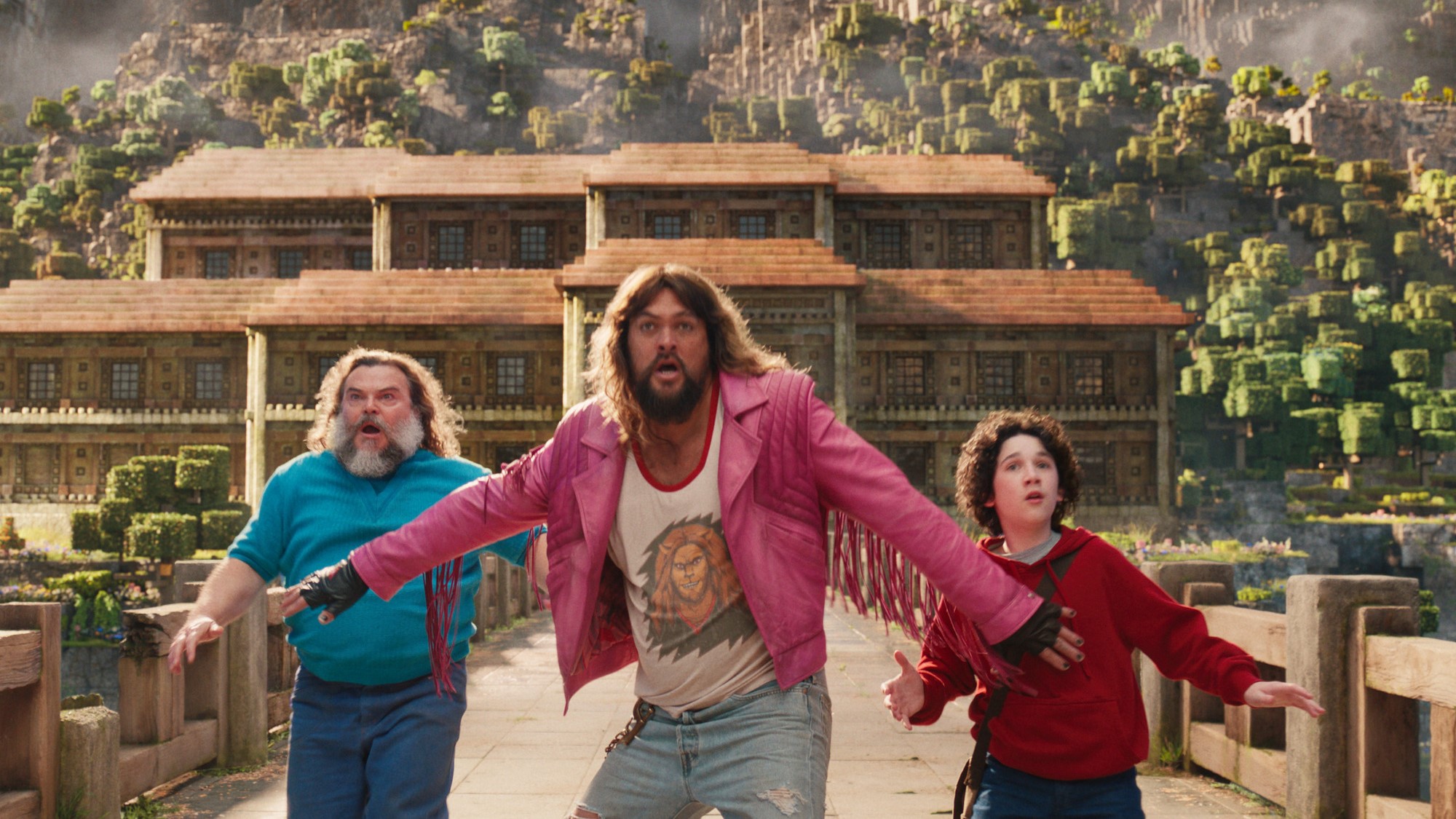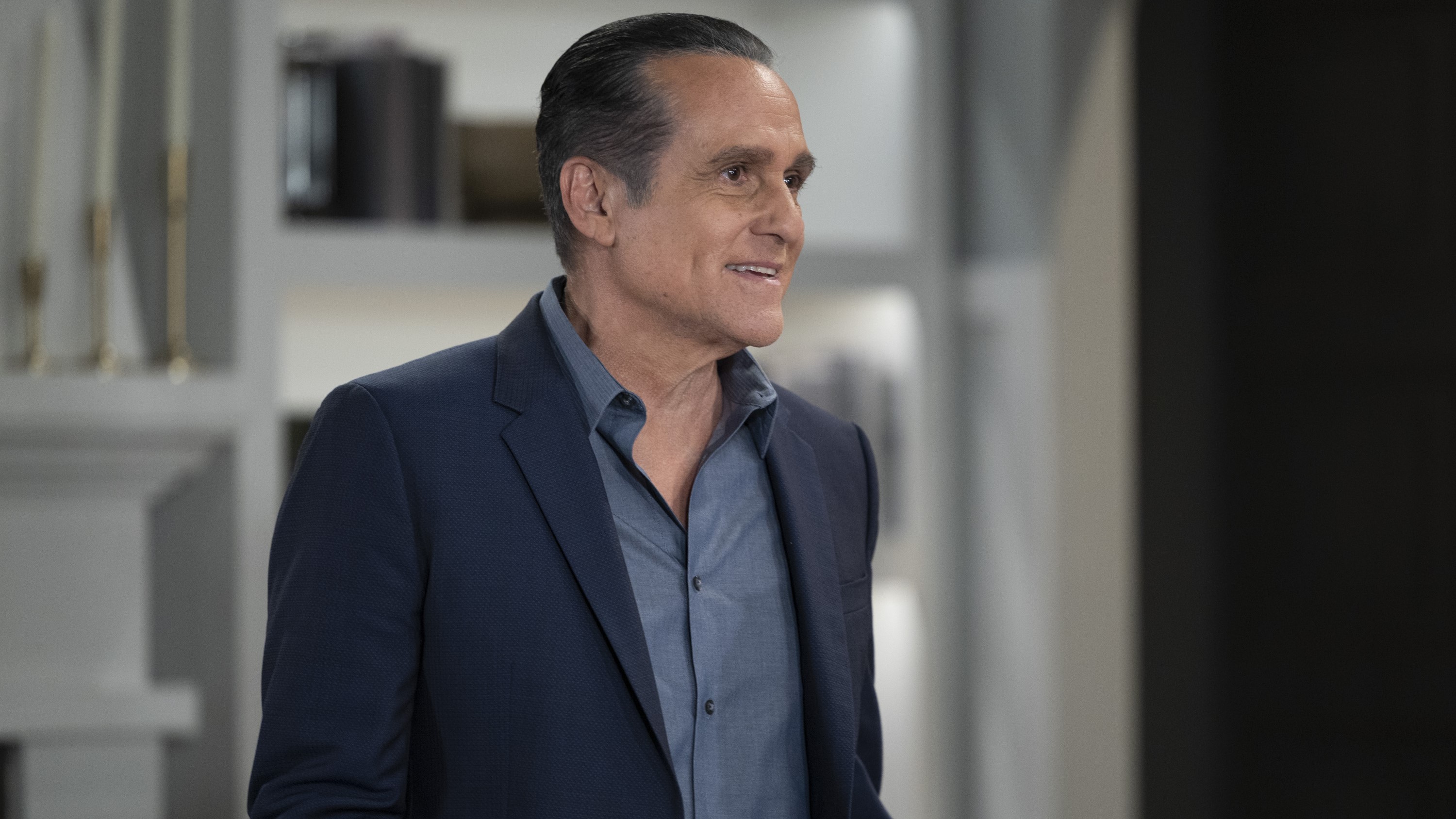'It’s A Wonderful Life,' but not always: a timeless lesson Frank Capra's classic keeps re-teaching
'It's A Wonderful Life' resonates with special power in 2020 as people search for ways to deal with their frustrations, and find reasons for hope.
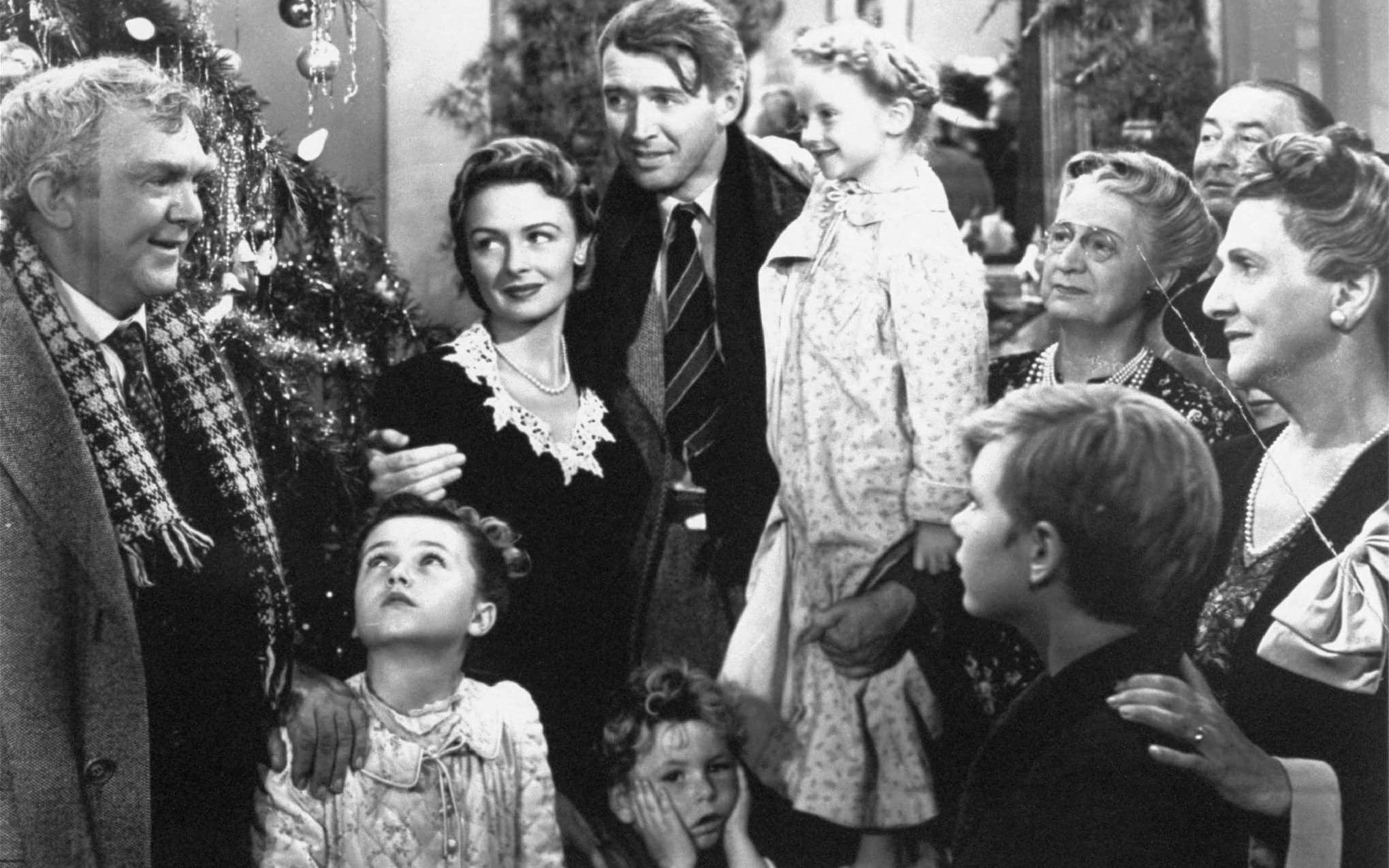
It’s A Wonderful Life is one of the few Christmas films I’ve found myself thinking about multiple times throughout this year. Like many others in the holiday subgenre, the season in which it’s set only amplifies larger truths worth constantly remembering. But in 2020, Frank Capra’s film takes on a vital, particularly urgent relevance as seeking things to be hopeful about has become a daily challenge. Because the thing about It’s A Wonderful Life is not that it’s “just” about persevering, accepting that the world is unfair, or learning to be grateful for the blessings you have without being judgmental or resentful of the ones bestowed upon others. Rather, it’s meditation on the ongoing challenge of dealing with different kinds of adversity, and the reassuring acknowledgment that it’s totally okay sometimes for you to be pissed off and bitter about it — as long as you can also remember the many more reasons there are to get past those feelings.
Truth be told, the first time I ever saw the film was just a few years ago, and I didn’t much like it then. It told the story of an unhappy man named George Bailey (Jimmy Stewart) and the misfortunes that prevent him from living the life to which he believes he’s entitled. In retrospect, there’s something incredibly fascinating (and telling of myself) about how wrongly I interpreted this character and his wonderful life, applied to whatever opportunities I’d received, or been denied, at that point in time. But subsequent viewings changed those interpretations and brought its virtues into clearer focus, and I eventually added it to the ranks of other heartwarming classics I would revisit each holiday season, even as its lessons would come to resonate year-round.
George is a young man full of life, eager to explore its endless possibilities. After rescuing his brother from drowning as a child, he suffers a permanent hearing disability, but his appetite for adventure — worldwide travel and discovery — remains undaunted. As does his inherent spirit of goodness and compassion: at 12, he saves the town druggist Mr. Gower, distraught from the loss of his son, from accidentally poisoning a small child’s prescription. He postpones college to help his father’s business, and when his father dies from a stroke on the eve of his long-awaited “world tour,” he stays around two more times — first to settle his father’s estate, and then to run the building and loan instead of going to college in order to keep it out of the control of Mr. Potter (Lionel Barrymore), a local businessman who slowly consolidates control of Bedford Falls with unscrupulous business tactics.
Despite these obstacles, George marries Mary (Donna Reed), a childhood friend who nurses a lifelong crush. Having given his college fund to his younger brother Harry (Todd Karns), he eagerly anticipates his and Mary’s honeymoon, but must once again save the family bank by reimbursing its customers with the money they collected for the celebration. George’s brother’s promise to take over the bank for him goes unfulfilled when Harry meets a woman whose father makes him an irresistible job offer. So at 38, this man who once told teenage Mary he knew “what he’s going to be doing every day, every week, and every year” has gotten married, had four children, earned just enough money to keep their dilapidated house from collapsing on itself, and done almost none of the things he once intended. His brother is a war hero and a huge success. His classmate Sam Wainwright (Frank Albertson) is a business tycoon. And the only things that has kept him from under the thumb of Mr. Potter are the absolute skin of his teeth, and his principles.
Well, that is until his feckless Uncle Billy (Thomas Mitchell) loses a deposit that spells doom for the bank, and quite likely, criminal charges of neglect or malfeasance for the supposed perpetrator. George, at the end of his rope, decides that suicide is the best solution. That’s when Angel 2nd class Clarence (Henry Travers) enters the picture, offering him a chance to see what it would be like if he were never born. Though he is doubtful of this magical truth, the concentric circles of George’s influence on the lives of people in Bedford Falls soon become apparent as his brother dies at eight, Mr. Gower becomes a pariah, Uncle Billy gets institutionalized after the bank fails, Mary becomes a spinster, and Mr. Potter assumes total control of the town as it descends into sleazy amorality. George realizes that even in the shadow of his failures to fulfill his own dreams, he has done good for the people around him, led a life of value, and will continue fighting for the good things he has earned, immaterial though they may be.
Of course, “you were great” is a deeply ennobling message, but it’s also one that we often forget about. Help, support, kind gestures, even casual conversations often have profound repercussions in other people’s lives. Opposite Potter’s greed, George’s recognition of a different measure for value — quality of life, equal opportunity, shared kindness — feels by itself like a priority that’s supposed to be part of the American fabric but we have lost, forgotten about or actively discarded. And he is ultimately rewarded when the people of Bedford Falls rally around him and raise money to cover the deficit of the lost deposit — an economic windfall that in the current economic climate is admittedly best looked at as a metaphor for the support and love we receive from others in return for our own acts of charity, be those monetary or more existential. (It sounds treacly to suggest viewers look at it that way, but the real truth is that what is helping us get through each day is the energy we put out into the world, and gets reflected back upon us, exactly what happens to George.)
But what stands out to me now after watching this film so many times, and particularly in this year of all years, is how unhappy George is about the ways that he has not fulfilled his dreams, or daresay what he believes is his destiny. The idea that he would or should shine on each disappointment with unblinking serenity is unimaginable even to Frank Capra at the time of WWII, when the country was united in a spirit of common good and common purpose. And of course he’s angry; over and over he’s been Charlie Brown and fate has been Lucy with the football. He’s watched great opportunities go to others, pass him by, fall apart; his diligence and dedication enabled others to succeed at his expense. And in a year where so many things have gone badly, so many things fell apart, so much disappointment dominated our daily lives, this is a movie about innate human goodness that tells its audience, it’s okay for you to be pissed off sometimes about all of that.
Get the What to Watch Newsletter
The latest updates, reviews and unmissable series to watch and more!
Particularly in an era of social media where everyone’s suffering seems to be in competition, this feels like a profound, even essential lesson. Yes, of course, it’s important to remember that there are less fortunate people in our lives, our communities, in the rest of the world, but our pain is as real as theirs, and giving ourselves the opportunity to let it affect us is necessary and fair. Of course it also doesn’t mean that we should wallow in that unhappiness, and ultimately, it is more important — and certainly healthier — to pay attention to, and to focus on, the things that we have in our lives instead of the things we don’t. But ultimately, the thing that It’s A Wonderful Life says, that endures, and resonates especially right now when we can’t be with our loved ones, we can’t find work, we’ve dealt with irreplaceable loss, feel empty and alienated, or just cannot see a glimmer of light at a tunnel that only seems to get longer, is that sometimes not only isn’t it wonderful, it actually kind of sucks — and it’s alright for us to recognize that too.
- The Best Christmas Movies
- The Best Christmas Movies on Netflix
- The Best Christmas Movies on Hulu
- The Best Christmas Movies on Disney+
- The Best Animated Christmas Movies
- The Best Christmas Monsters, Ranked
- The Dark Secret at the Heart of Every Made-For-TV Christmas Movie
- Ranking every Lifetime Christmas movie by its obvious horror set-up
Todd Gilchrist is a Los Angeles-based film critic and entertainment journalist with more than 20 years’ experience for dozens of print and online outlets, including Variety, The Hollywood Reporter, Entertainment Weekly and Fangoria. An obsessive soundtrack collector, sneaker aficionado and member of the Los Angeles Film Critics Association, Todd currently lives in Silverlake, California with his amazing wife Julie, two cats Beatrix and Biscuit, and several thousand books, vinyl records and Blu-rays.


